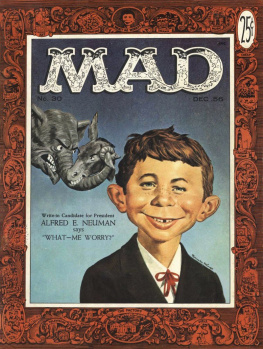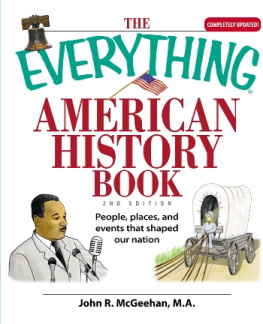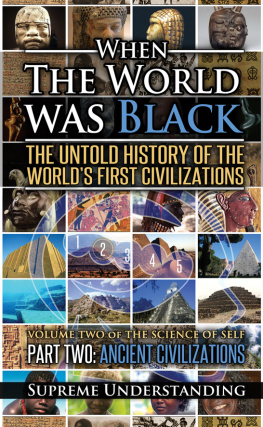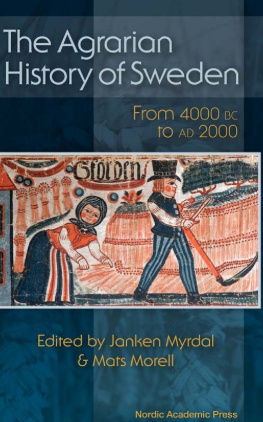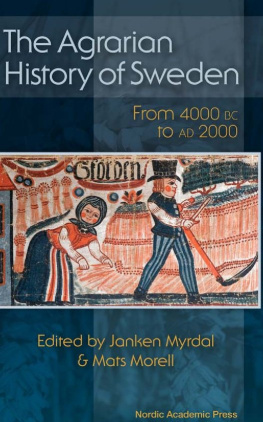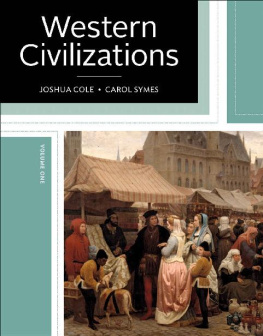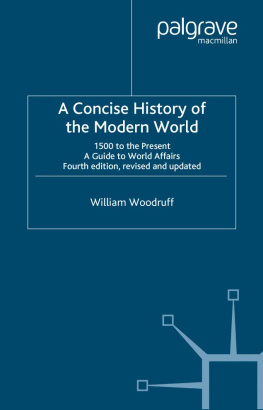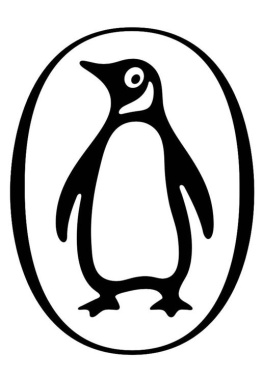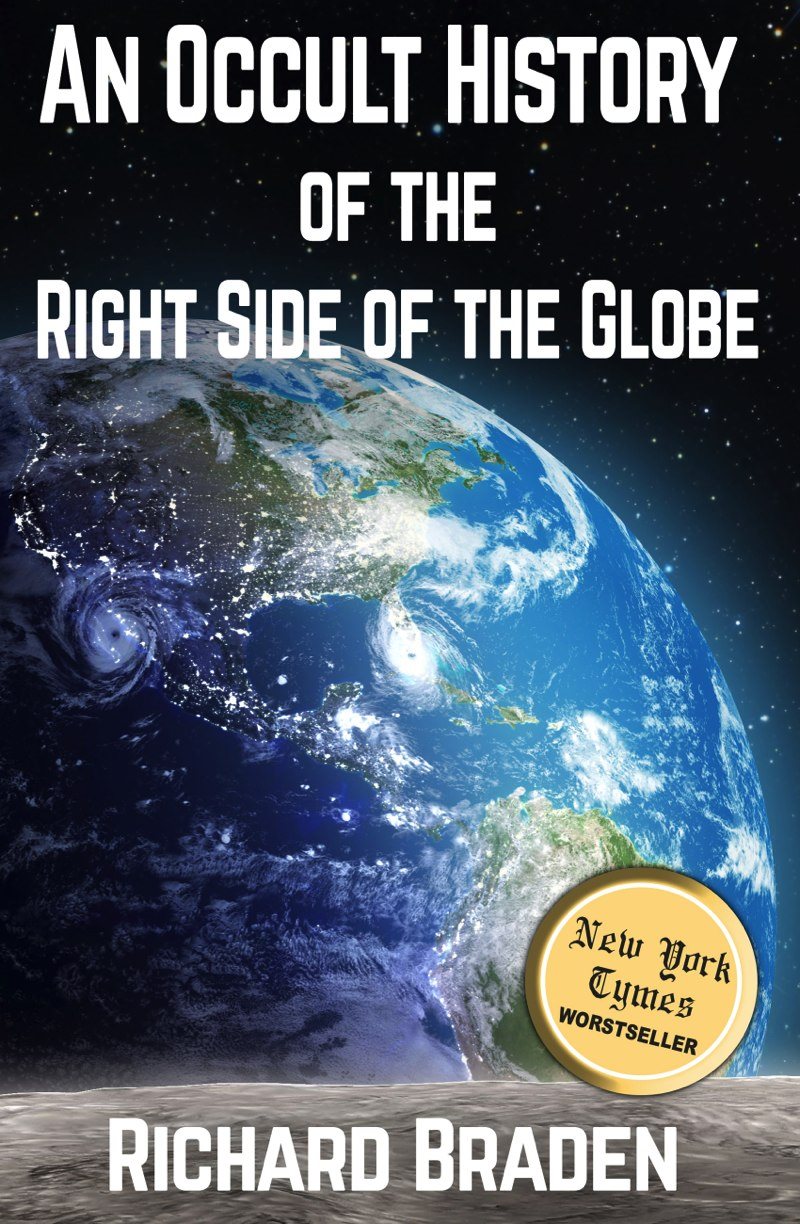Acknowledgments
My personal thanks to Wikipedia. Without them, this text would have been impossible. Thank you, Jimmy Wales and Larry Sanger.
Thank you, David Kertzer, for writing the book The Pope and Mussolini.
Thank you, Gavin Menzies, for writing the books 1421 and 1434.
Thank you, Mad Magazine, for allowing me to add Alfred E. Neuman in Chapter 16 of this text.
Thank you, Melanie Benjamin, for writing the book The Aviators Wife.
Richard Braden
10093 Bluffmont Lane
Lone Tree, CO 80124
Rbraden007@gmail.com
303 736-8604
Introduction
T his is a story about two men who have been meeting regularly at the local library in their Midwestern hometown to discuss the issues of the day. They always meet on Thursdays. The man who talks the most is named Giuseppe, and as you can guess, he is of Italian lineage. The second man is George, and he has less to add to the conversation. He mostly asks questions, and listens. He is probably English or American.
Apparently George considers Giuseppe to be the fount of all knowledge. Giuseppe is happy to receive this accolade from his friend, and he spouts off regularly about subjects that he possibly knows nothing about. But hes funny.
The two men know a lot about Europe and Western Asia, so that is what they talk about. They read a lot, but their books are always about the Western side of the globe Europe and Western Asia. They seem to know nothing about the left side of the globe.
Lets look into their latest discussions.
T he two men had picked a quiet place in the library, far in the back of the main room, with two leather plush chairs and a bistro table between them. There was no close-by exit from the building there, so they knew they wouldnt be interrupted by dashing kids carrying heaps of childrens books to their parents cars out back. George always brought a small yellow pad to their meetings with a pencil purchased from his alma mater, New York University, 20 years earlier.
Giuseppe was better equipped he carried a laptop that was connected to the librarys wifi and several reference books. He also had a large yellow pad to write on and a ball-point pen that he had borrowed from the Bellagio in Las Vegas two years before.
Giuseppe opens the discussion with: I brought with me some books that talk about the Children of Israel and their wanderings into the desert east of Egypt before they finally found the Promised Land, the land flowing with milk and honey. They wandered around in the desert for thirty to forty years before Moses got the sign from God to invade the Holy Land, after all the Jews who had begun their trek from Egypt had passed away. Only Moses and Aaron were left from that original Jewish contingent of slaves, which was probably twenty thousand or so in number. They were divided into twelve tribes. Then Moses turned the Israeli forces into the battles to slay all the small bands of non-Jews in the small strip of land to the east of what is now called the Mediterranean Sea.
Then Joshua fit the battle of Jericho, and the walls came a-tumbling down! George added.
There was a pause; then George asked, How come the Children of Israel stopped when they came to Jerusalem and set up camp for a thousand years there? Why didnt they keep going north?
Giuseppe had to think about that question for a moment. He knew from the flicks that he had seen on PBS that the Holy Land was a principal route between the cradle of civilization in central Africa and the slow movement of the Afrikaners north toward the Black Sea and the crossover into present-day Europe at Istanbul (Constantinople). This migration from Africa to Europe had gone on for over 40,000 years, so it was conceivable that some of the Jews could have packed up and gone north with the Afrikaners, especially the ones who had found the land near Jerusalem not really flowing with milk and honey.
Maybe God told them to stop when they got to the Jerusalem area, and maybe they wanted to stick together, Giuseppe suggested. I would have hated to be the first Jew to cross the Bosporus and set up housekeeping in Europe.
But several hundred years later, there were Jews in every corner of Europe, George responded. Maybe they were a whole lot more adventurous than we give them credit for.
Maybe.
Anyway, Giuseppe continued, Joshua convinced the twelve tribes that it was time to stop trekking up and down the sands of the Holy Land and settle in around Jerusalem. They found a source of water to the east of Jerusalem, the Jordan River, which flowed out of the Sea of Galilee, south to the Dead Sea. They were also pretty good at digging deep cisterns that held water for the dry season. The Jews were always sharp traders, so they probably sold a lot of stuff to the Afrikaners who were continually passing through on their way north to the Bosporus.
The Jews didnt want anybody but Jews to settle around Jerusalem, so they kept the foreigners moving north all the time. Its the same sort of thing that the Mormons experienced when they claimed the land around the Great Salt Lake in Utah as their own. They welcomed all the travelers from the east; sold them food, water, and young oxen to pull their wagons; then sent them off across the Great American Desert to mine for gold in California or farm the new Oregon territory.
When these Afrikaners made it across the Golden Horn and the Bosporus at the place that would be named Istanbul or Constantinople, they had a big choice to make, George suggested. They could go west and south, avoiding the Alpine Mountains and entering present day Italy, which really was a land flowing with milk and honey. Or, they could go west and north, which would put them into the Croatian mountains and finally into France and Germany.
And France and Germany were a whole lot colder than Italy, Giuseppe added. So when you were standing there in Istanbul facing to the west, you had your choice: Go to Italy and melt in the sun, or go to France and Germany and freeze.
I wonder if some of those people turned around and returned to Africa, George suggested.
The thing that I wonder about is how come all the Afrikaners in Africa were black, and those same Afrikaners, when they arrived in Croatia, were muddy white? Giuseppe asked.
Write that question down, George, Giuseppe added, and well get an answer next week.

